Supreme Court Left Embarrassed After Being Exposed Online
The Supreme Court’s internal deliberations were recently exposed, revealing months of disagreements over Idaho’s abortion ban.
The leak has deeply embarrassed the court, showing a rare glimpse into the justices’ private debates and splits. This incident raises serious concerns about the confidentiality and integrity of the highest court in the United States.
Abortion in the US
Abortion in the United States remains a highly controversial topic, especially between conservative and Liberal leaders who can’t seem to agree on the best path forward so far as laws are concerned.
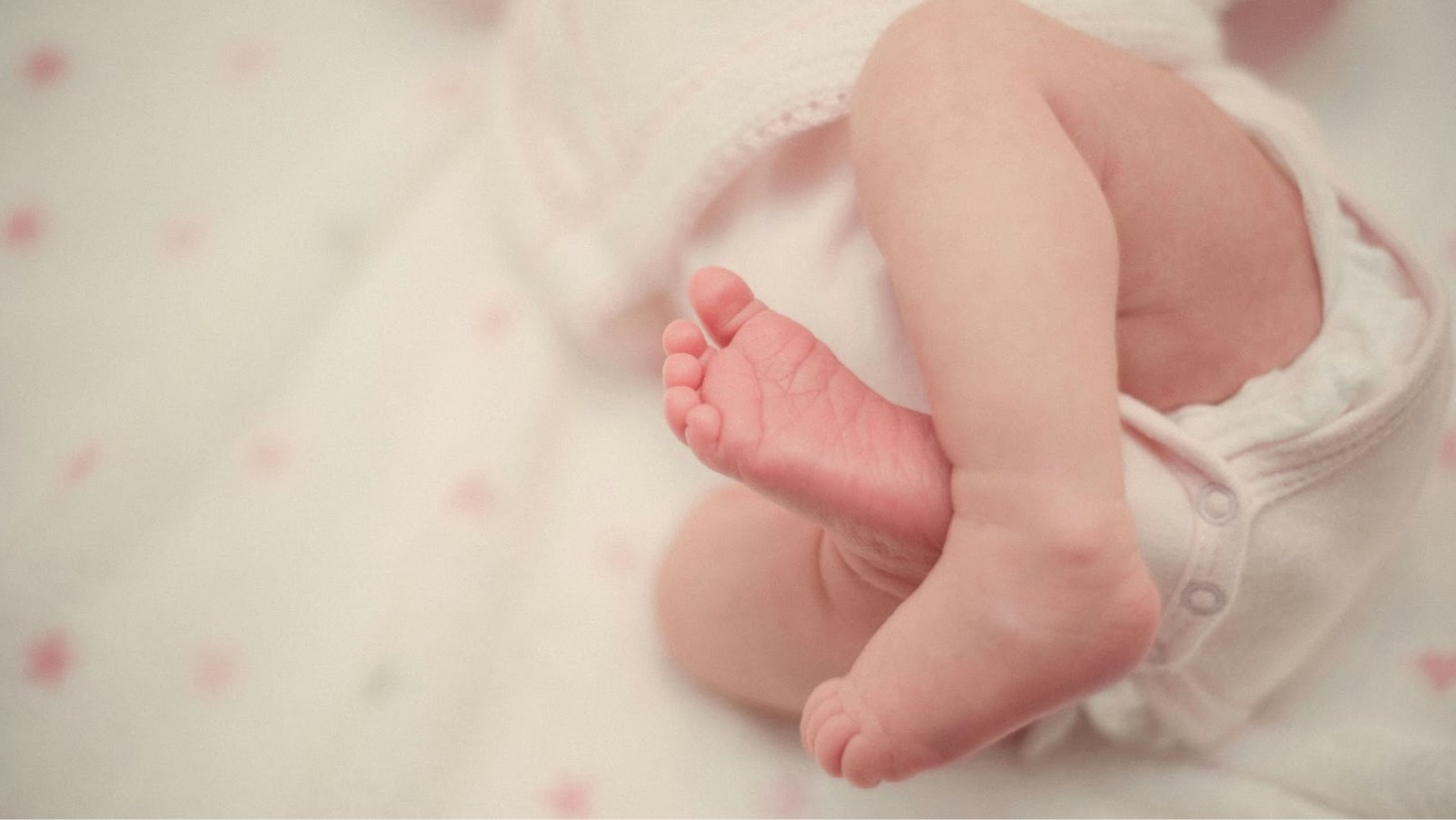
Source: Ignacio Campo/Unsplash
However, due to Roe v. Wade 1973, abortion throughout the entirety of the US was legal, much to the dissatisfaction of conservatives.
Roe v. Wade Overturned During Trump Administration
During Donald Trump’s tenure as president, however, the Supreme Court overturned Roe v. Wade in 2022.
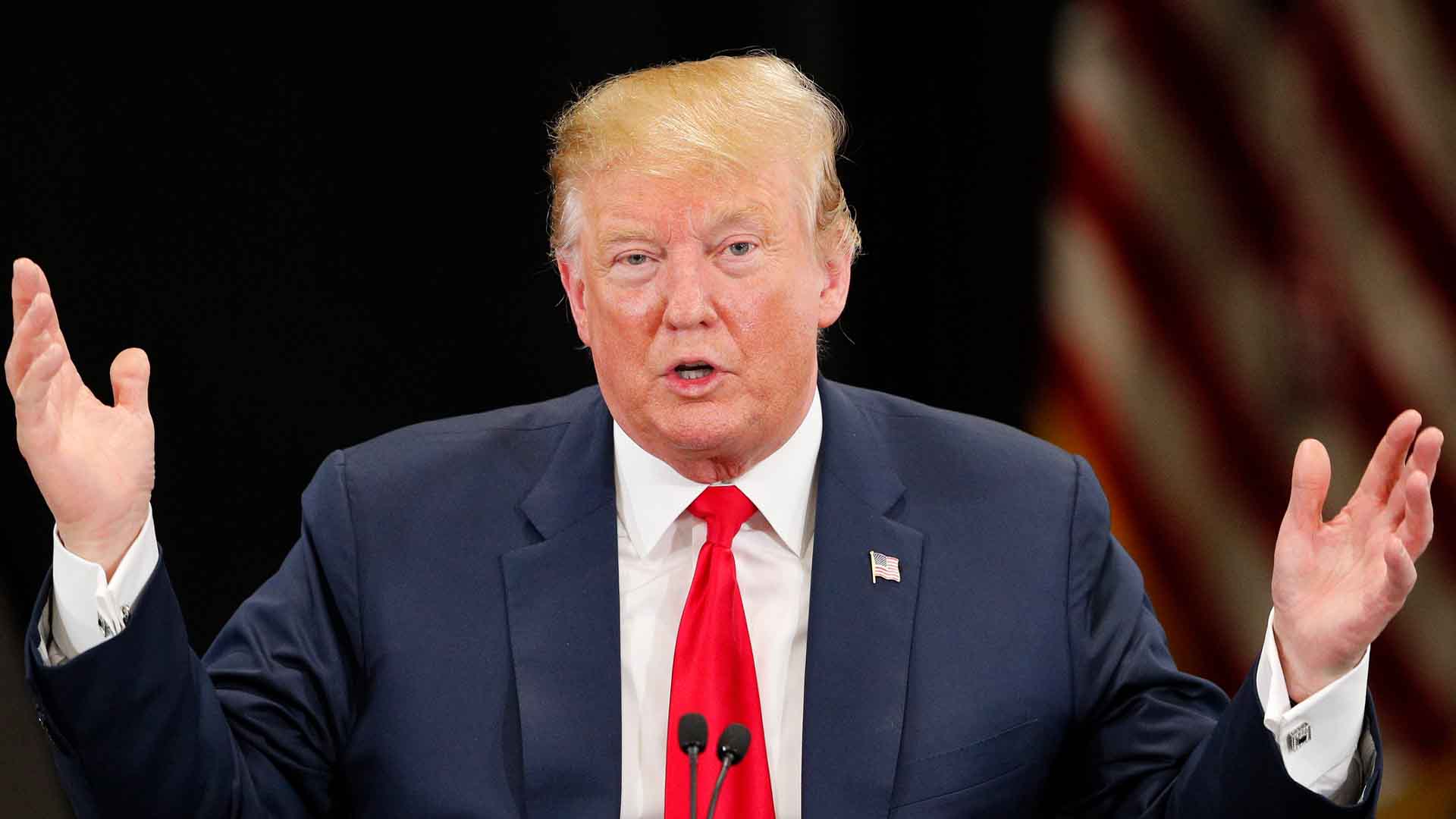
Source: Adam Bettcher/Getty Images
Essentially, this decision allowed the individual states of the US to enact their own abortion laws, 14 of which implemented near-total bans.
Conservative States Move Towards Bans on Abortion
After the Supreme Court decision was finalized, states such as Georgia, South Carolina, Iowa, and Florida banned abortion past the six-week mark.

Source: Freepik
Other states like Idaho have been met with considerable pushback in their attempt to enforce even stricter abortion laws.
A Controversial Start
In January 2024, the Supreme Court allowed Idaho to enforce its strict abortion ban, only accepting cases to prevent the death of a pregnant woman.
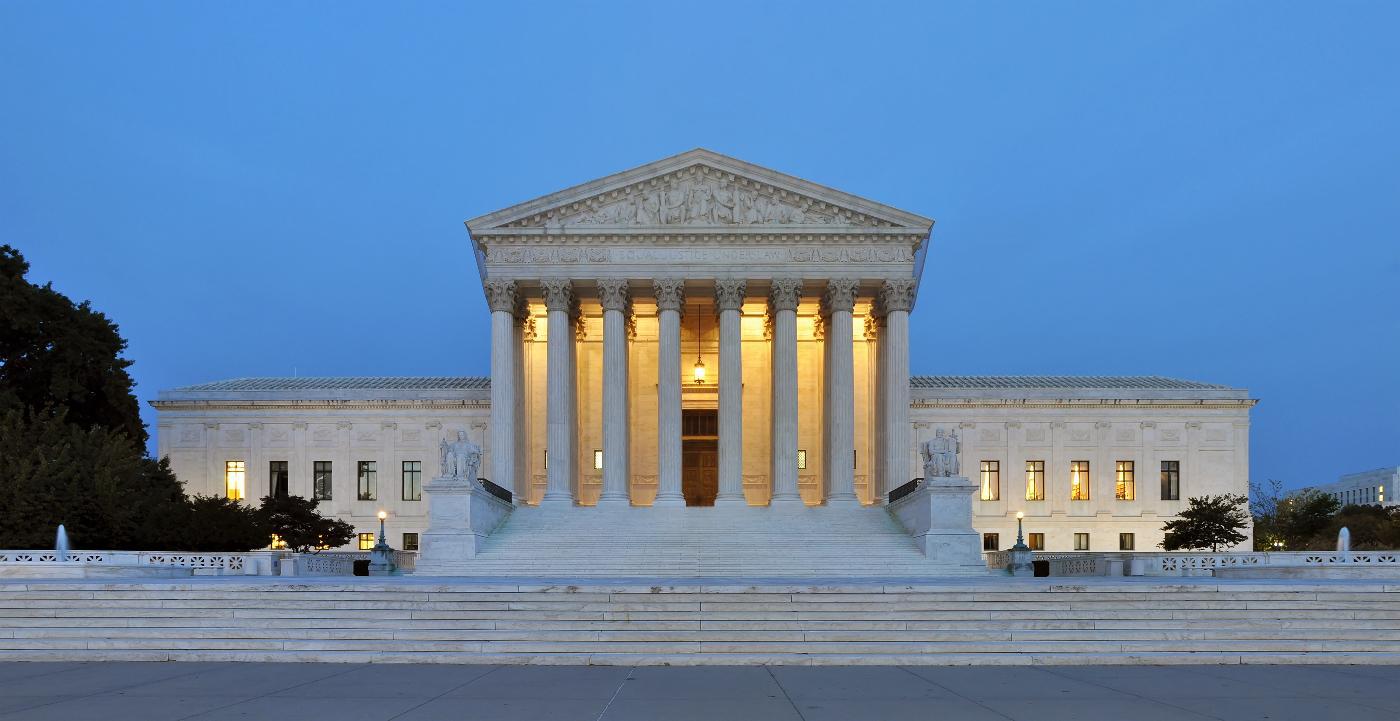
Source: Wikipedia
The decision was made without a recorded vote, but according to CNN, sources revealed a 6-3 split along ideological lines. This initial ruling set the stage for intense internal conflicts among the justices.
White House Pushback
The Biden administration immediately countered Idaho’s law, arguing it conflicted with the Emergency Medical Treatment and Labor Act (EMTALA).
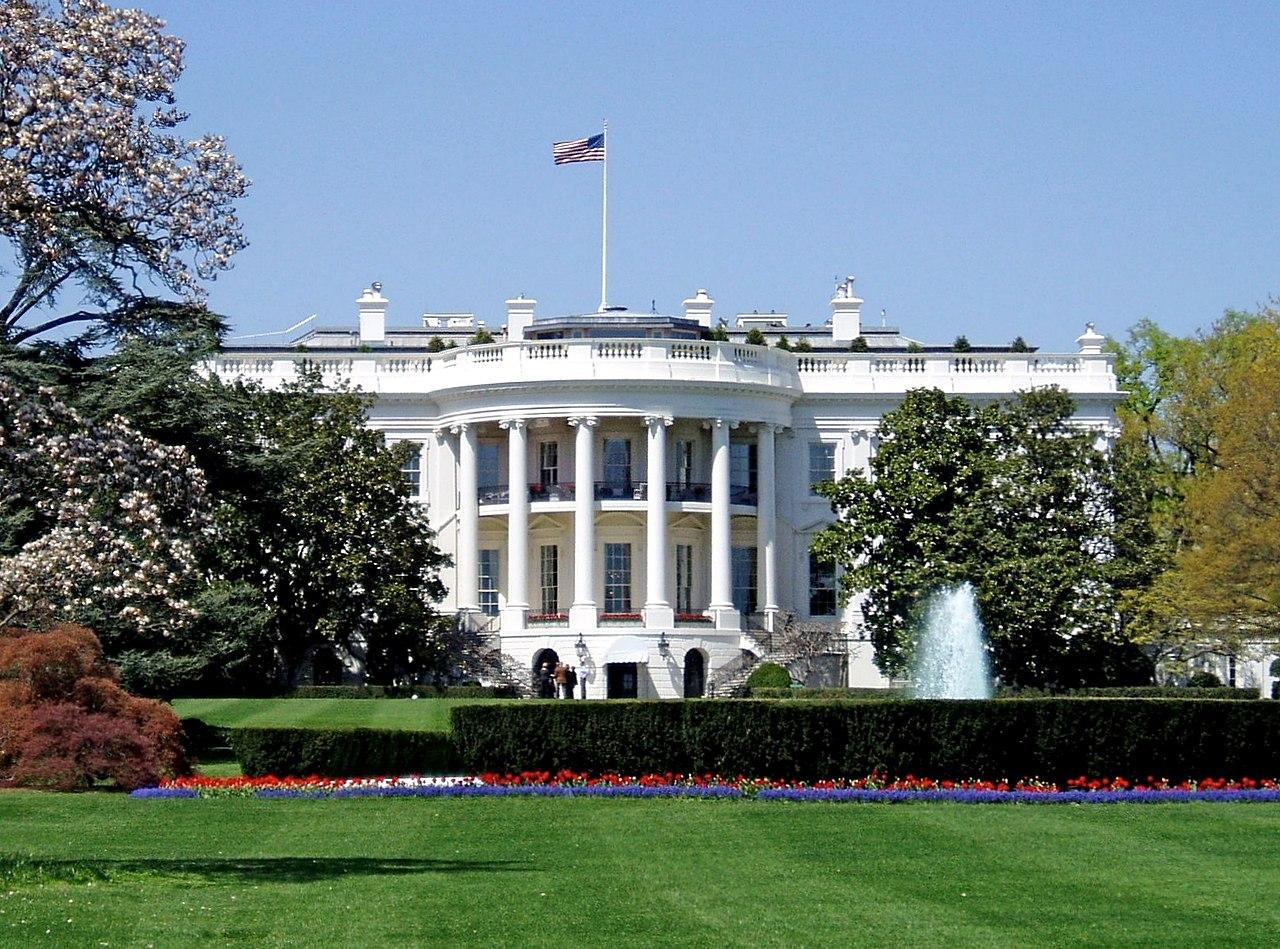
Source: Wikimedia
In August 2022, the Justice Department sued Idaho, seeking to block the state’s ban in emergency rooms. This legal battle highlighted the clash between federal emergency care protections and state-level abortion restrictions.
Conservative Justice Questions EMTALA Representative
Brett Kavanaugh, a conservative Justice, spoke with US Solicitor General Elizabeth Prelogar, who represented EMTALA, asking her to respond to points made by Idaho officials.

Source: Freepik
They suggested the act was meant to reduce the chance of emergency rooms being used for “patient dumping, as opposed to addressing “abortion or other specific kinds of care.”
EMTALA Representative Responds to Conservative Justice's Questions
According to Preloger, the US Congress uses EMTALA to mark a “baseline national standard of care,” which ensures patients with urgent conditions are addressed as quickly as possible.
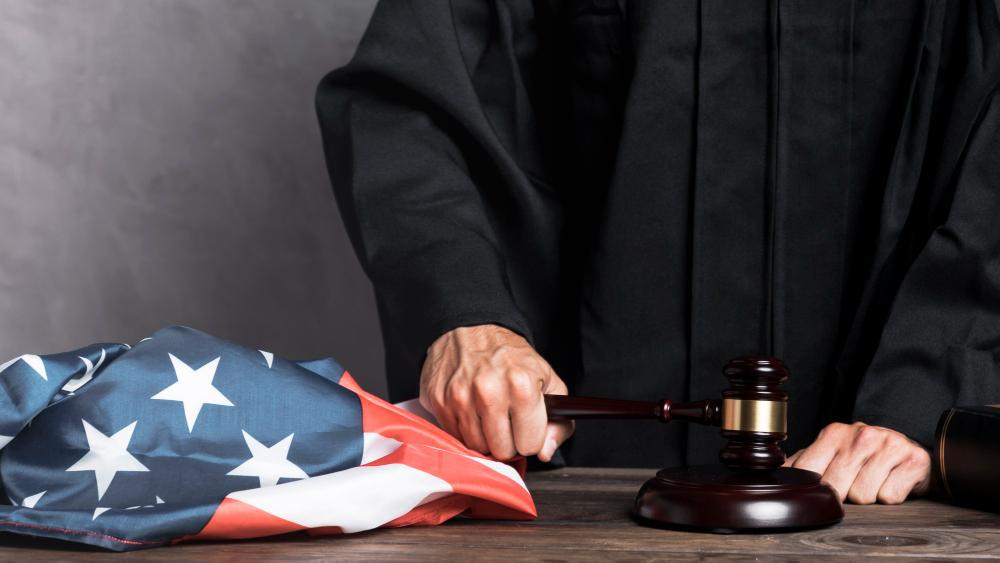
Source: Freepik
“Idaho cannot criminalize the essential care that EMTALA requires,” Prelogar added.
Idaho’s Abortion Law
Idaho was one of several states that placed a near-total ban on abortion almost immediately after Roe was overturned, Prelogar explained.

Source: Freepik
The state bans abortion in nearly all cases except for if the mother’s life is in danger. Doctors who issue an abortion for any other reason could face up to five years in prison and the loss of their license to practice medicine.
Liberals Press Idaho Judge
Liberal and progressive justices directed questions toward Idaho lawyer Joshua Turner, pressing him to explain why the state allows abortions if a mother’s life is at risk but not for the benefit of her health.
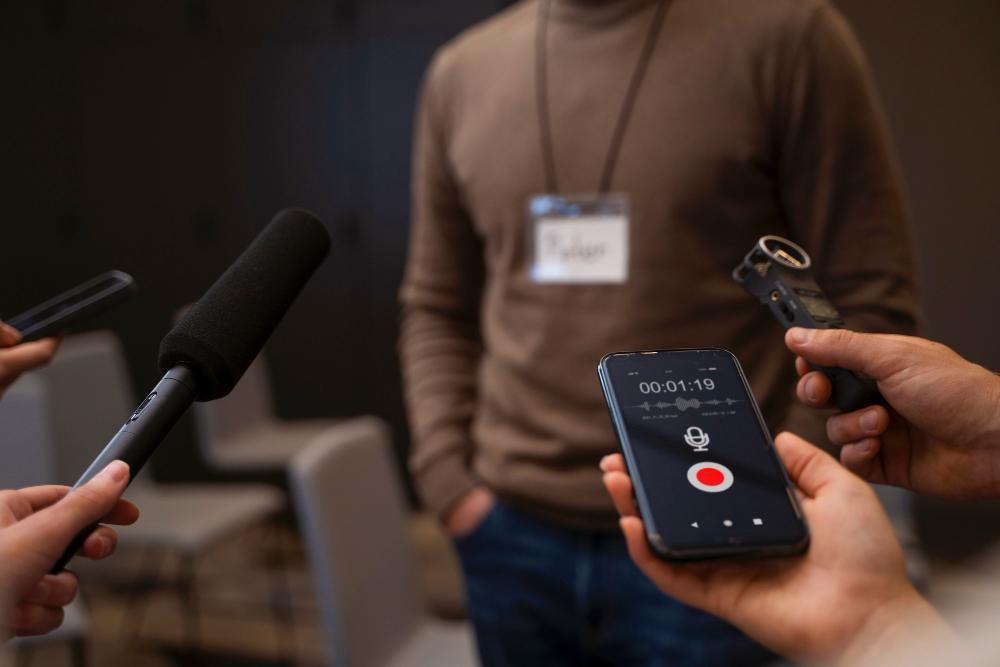
Source: Freepik
“Within rare cases, there’s a significant number where the woman, her life is not in peril, but she’s going to lose her reproductive organs, she’s going to lose the ability to have children in the future unless an abortion takes place,” liberal Justice Elena Kagan said.
Unfortunate Circumstances Arise
Unfortunately, due to the restrictions of the law in Idaho, Kagan claims that patients were forced to leave the state for abortions.

Source: Keller Jo/Wikimedia Commons
“In such cases,” she added, “Idaho says, ‘Sorry, no abortion here,’ and the result is that these patients are now helicoptered out of state.”
Idaho Laws Lead to Devastating Consequences, Says Justice
Prelogar continued to oppose Idaho’s claims that doctors could comply with both the state and federal laws, claiming that “the situation on the ground in Idaho is showing the devastating consequences.”

Source: Andrea Piacquadio/Pexels
“One hospital system in Idaho says that right now it’s having to transfer pregnant women in medical crisis out of the state about once every other week,” she said. “That’s untenable, and EMTALA does not countenance it.”
Oral Arguments and Emerging Doubts
During oral arguments in April 2024, signs of dissent within the conservative bloc began to appear. Justice Amy Coney Barrett, who initially supported the ban, expressed concerns about its impact on women’s health.
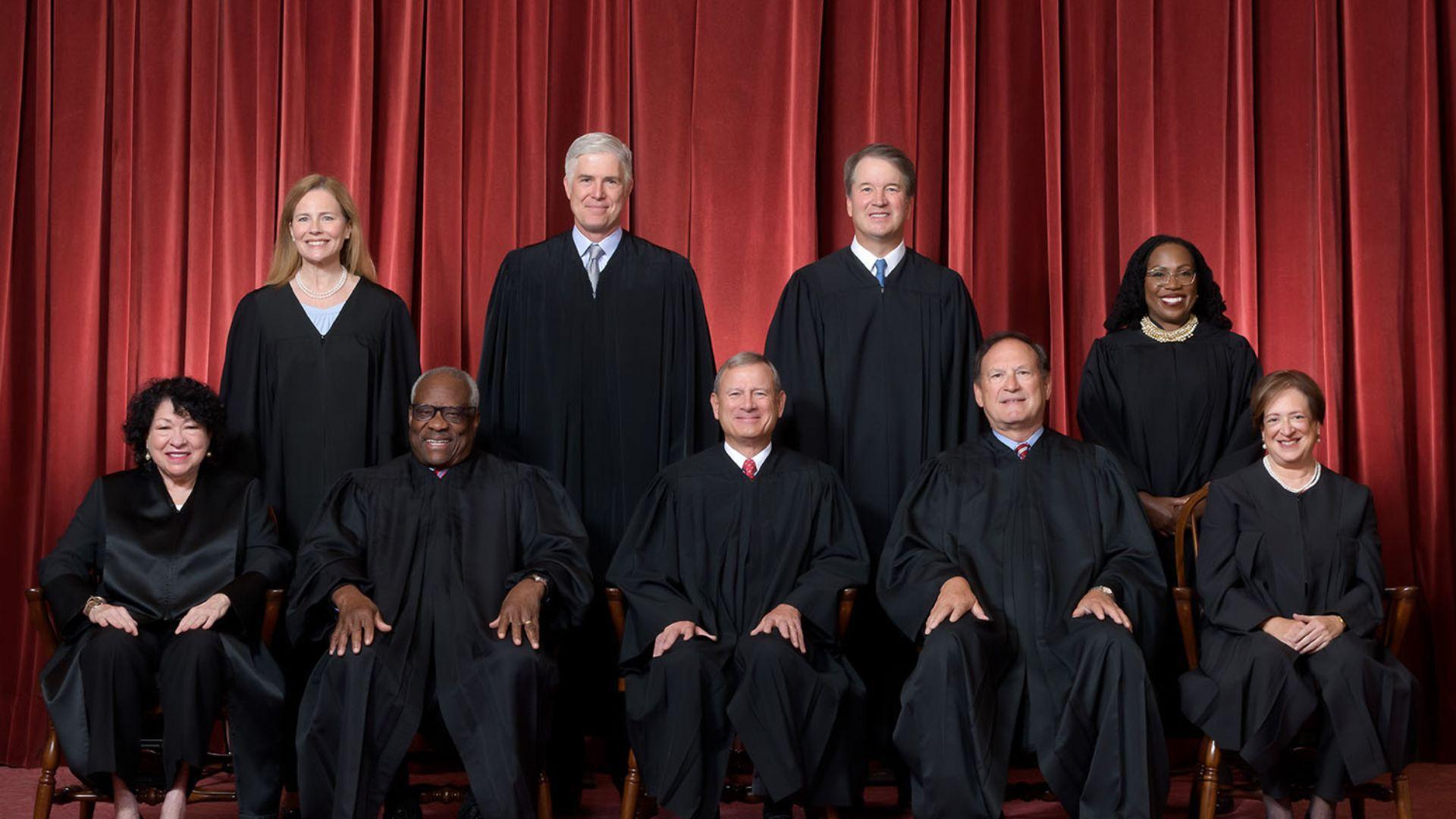
Source: Public Domain/Wikimedia Commons
Her shock at the state’s lawyer hedging on emergency complications hinted at a potential shift in her stance.
The Private Vote: A Turning Point
A private vote on the case, held two days after oral arguments, revealed no clear majority for any resolution. Chief Justice John Roberts and Justice Brett Kavanaugh showed openness to ending the case without resolving it.
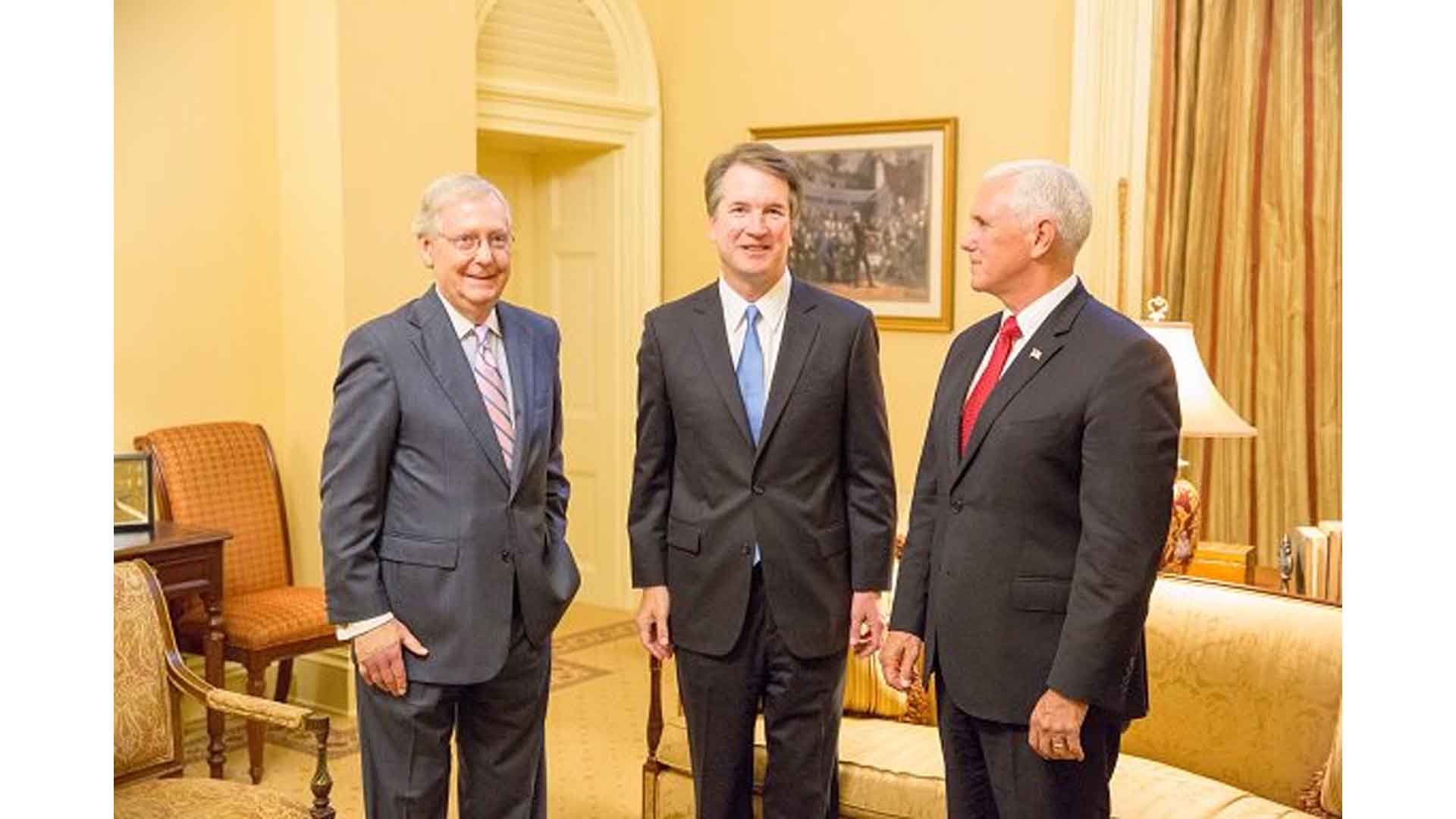
Source: Office of Senator Mitch McConnell/Wikipedia
This lack of consensus led to Roberts breaking protocol by not assigning the court’s opinion to anyone.
Negotiations and Compromise
From late April through June, intense negotiations took place. Barrett, Roberts, and Kavanaugh worked on a draft opinion to dismiss the case as “improvidently granted.”

Source: Freepik
This rare move admitted that the court might have erred in taking up the case prematurely, showcasing the deep divisions among the justices.
Liberal Leverage
Liberal Justices Elena Kagan and Sonia Sotomayor saw an opportunity to negotiate. They insisted on lifting the court’s prior order allowing the ban to take effect.
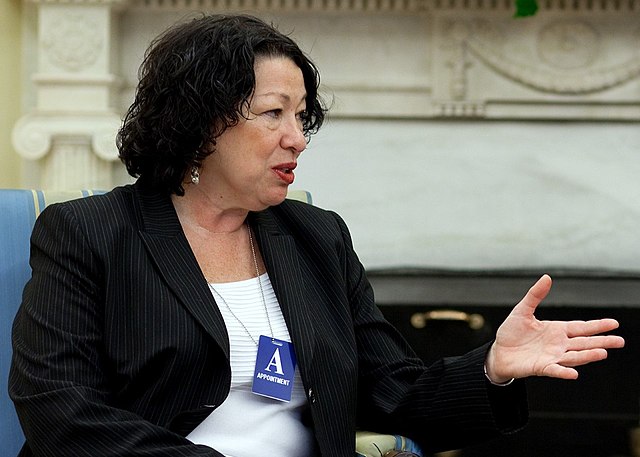
Source: Pete Souza, Wikimedia
Having this leverage helped shape the final compromise, demonstrating how the fractured conservative bloc provided an unusual advantage for the liberals.
A Temporary Resolution
In June 2024, the court issued a compromise decision. The case was dismissed, and the January order allowing Idaho’s ban was revoked.

Source: Freepik
This meant that, for the time being, Idaho could not enforce its ban in emergency situations, preserving some abortion access and giving liberals a rare win.
Dissenting Opinions
Justices Samuel Alito and Ketanji Brown Jackson both dissented but for opposite reasons. Alito argued that the state faced “irreparable harm” and criticized the court’s reluctance to decide the case.
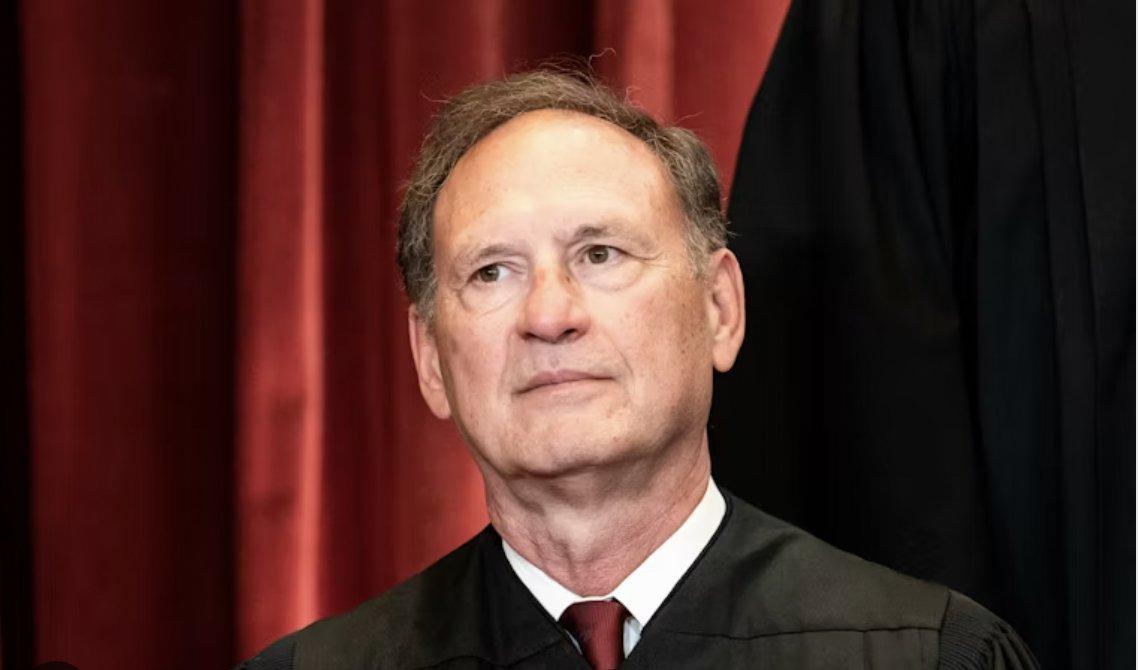
Source: @simonateba/X
Jackson, on the other hand, believed that the court’s delay left pregnant women and doctors in a legal limbo.
Not a Victory, Says Justice
During a statement following the court’s decision, Justice Ketanji Brown Jackson explained that while the outcome was a loss for Idhao, it would be short-lived.

Source: Freepik
“Today’s decision is not a victory for pregnant patients in Idaho,” Jackson wrote. “It is delay.”
Justice Suggests Supreme Court Dodged the Case
Jacskon protested against the court’s decision, alleging that they simply dodged the case. According to the justice, pregnant women with deteriorating health and medical professionals remain “in the dark” about which law dominates.
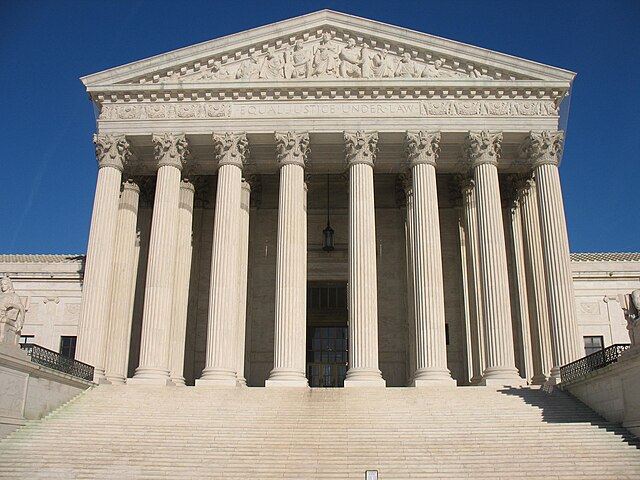
Source: Kjetil Ree, Wikimedia
“As of today,” she wrote, “the Court has not adopted Idaho’s far-fetched theories – but it has not rejected them either.”
More Abortions Will Sweep the State, Says Alito
Speaking on the Supreme Court’s decision to revoke the January order, Altio appears unconvinced that the state is free from harm’s way.
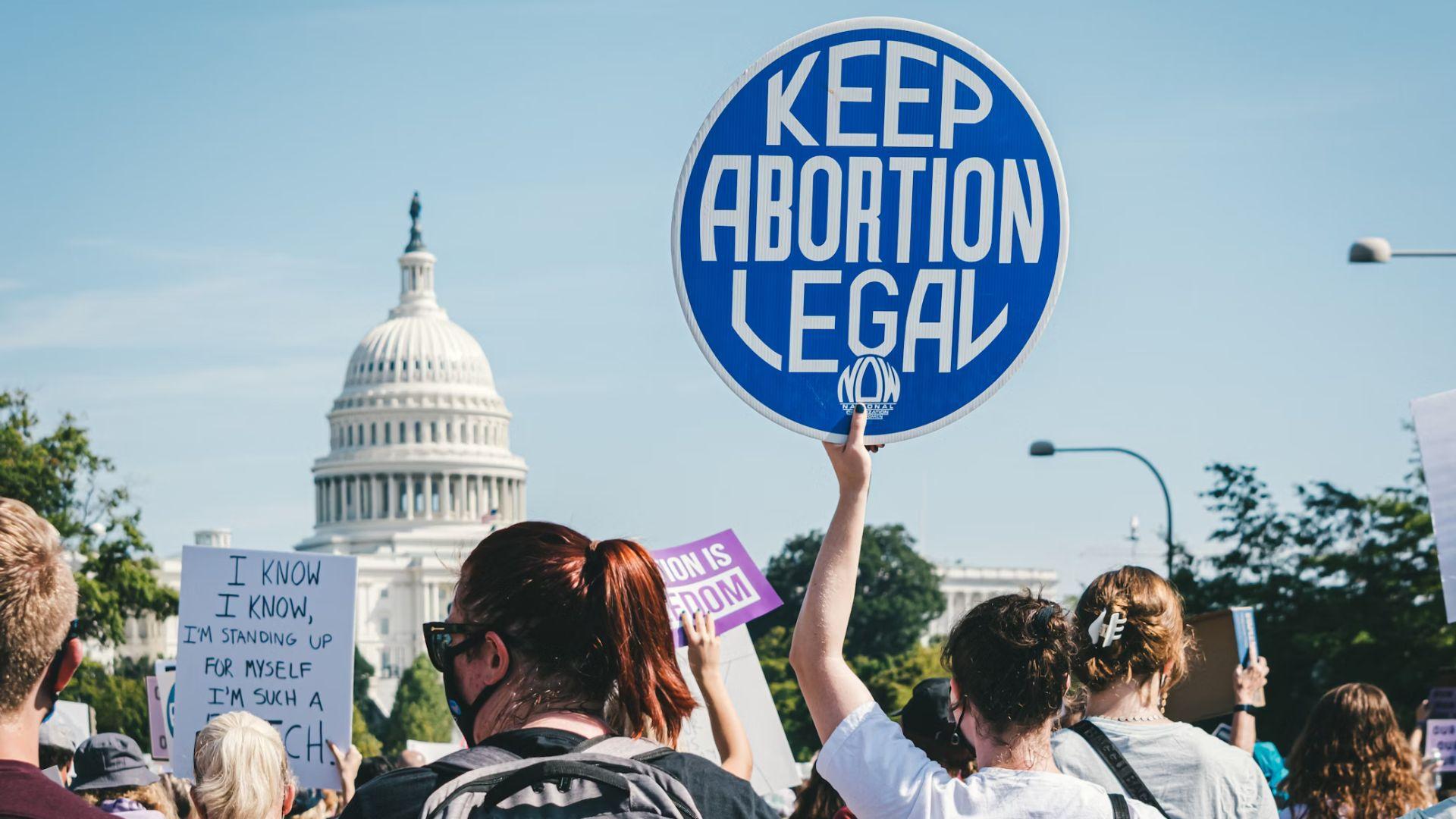
Source: Gayatri Malhotra/Unsplash
“It is very likely that the preliminary injunction will lead to more abortions, including in at least some cases where the fetus is viable,” he wrote, adding. “Apparently, the Court has simply lost the will to decide the easy but emotional and highly politicized question that the case presents. That is regrettable.”
Reactions and Implications
The leak of these internal deliberations has further tarnished the court’s reputation. President Biden and Vice President Harris both backed major reforms, accusing justices of acting “above the law.”
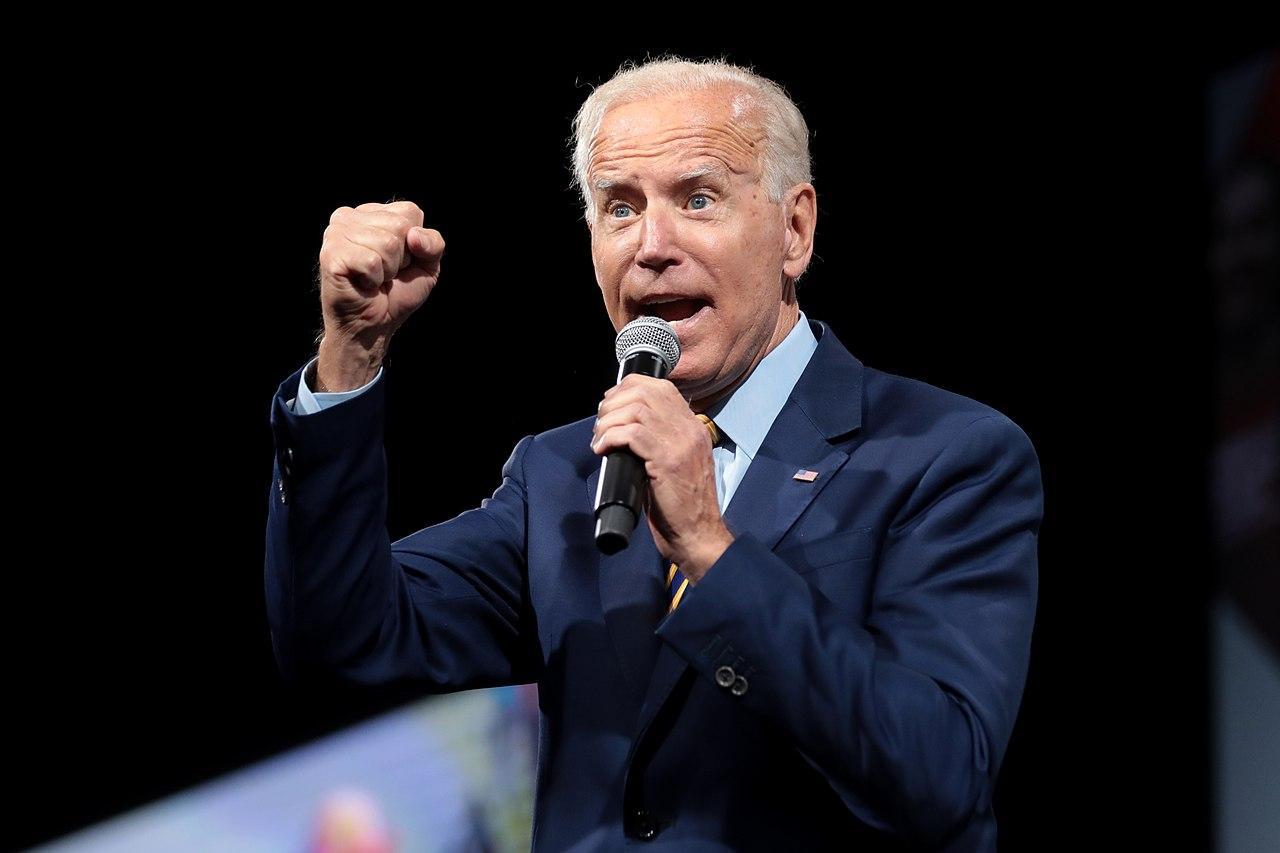
Source: Wikimedia
The detailed insights into the justices’ splits and negotiations have sparked calls for increased transparency and accountability.
The Broader Impact
This case is a prime example of the ongoing national debate over abortion rights and federal versus state authority. The Supreme Court’s handling of the Idaho case will likely influence future legal battles and legislative efforts regarding reproductive rights.

Source: Kjetil Ree, Wikimedia
A silver lining, though, could be that the leaked details provide a rare look into how these high-stakes decisions are made.
More Leaks to Come?
CNN’s report suggests that more leaks from the Supreme Court could follow, potentially revealing other internal conflicts.

Source: Freepik
As the court faces mounting scrutiny, its ability to maintain confidentiality and public trust is in question. This ongoing saga highlights the delicate balance between judicial independence and the need for accountability.
